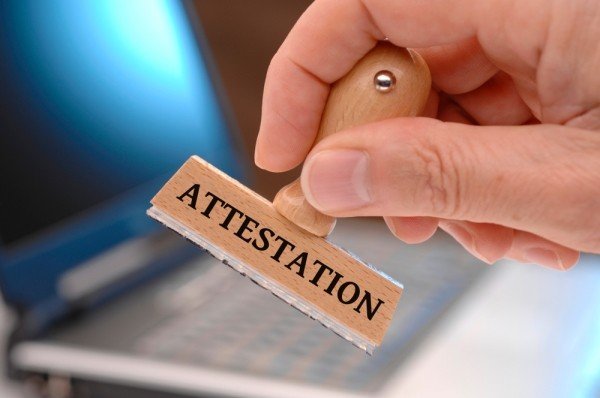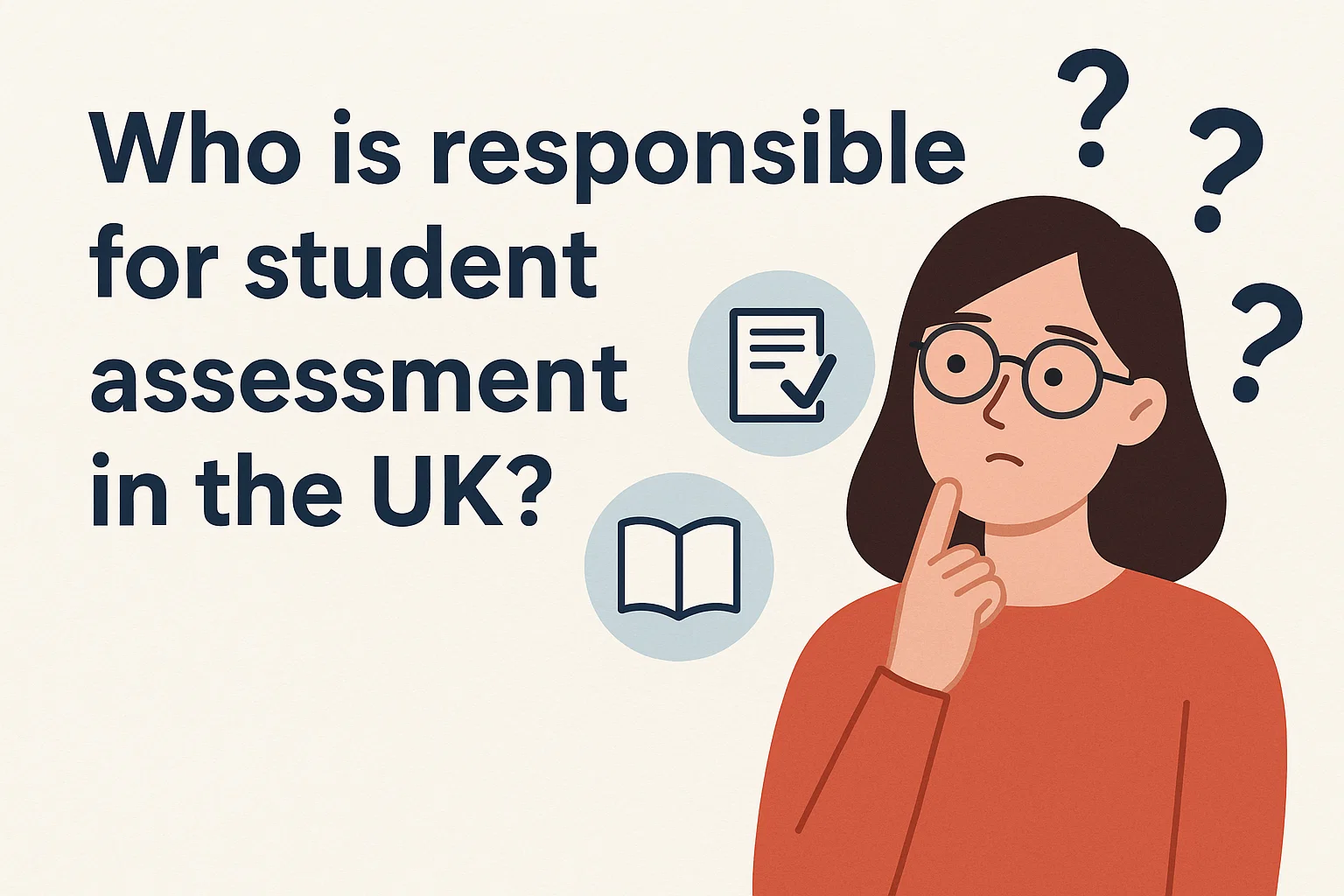In an increasingly globalized world, professional opportunities and educational pursuits often transcend national borders. Whether you’re seeking employment abroad, enrolling in an international academic institution, or applying for a visa, one essential aspect that you may encounter is the need for attestation of your credentials. If you’re from Canada or hold Canadian certificates, navigating the attestation process can be critical to ensuring that your qualifications are recognized worldwide. This article explores the importance of Canada certificate attestation, the process involved, and its significance in ensuring the global acceptance of your credentials.
What Is Certificate Attestation?
Certificate attestation is the legal process of verifying the authenticity of a document. It involves obtaining the necessary signatures, stamps, and seals from the appropriate government bodies or authorized agencies to prove that a document is legitimate. For Canadians, this process ensures that documents such as educational certificates, marriage certificates, birth certificates, and professional licenses are recognized as valid by foreign governments, institutions, or employers.
Why Is Certificate Attestation Important?
The global movement of individuals for work, study, or migration is on the rise. As people cross borders, they often need to present official documents to validate their qualifications, identity, or personal history. Without proper attestation, foreign authorities or organizations may reject these documents, potentially hindering career opportunities, educational admissions, or immigration processes.
In essence, certificate attestation offers credibility. By going through this legal verification process, you ensure that your Canadian documents are accepted as genuine and valid in another country. This not only boosts the reliability of your credentials but also accelerates procedures like job applications, visa processing, or admissions.
Types of Certificates That Require Attestation
Various types of Canadian certificates may require attestation depending on the purpose of your travel or the nature of your activities abroad. Some of the most common certificates that require attestation include:
- Educational Certificates:
- Degrees, diplomas, and transcripts from Canadian institutions often need attestation for employment or higher studies abroad.
- Personal Documents:
- These include birth certificates, marriage certificates, and death certificates, which are commonly required for immigration purposes or to prove relationships.
- Professional Certificates:
- Licenses and certifications in professions such as engineering, healthcare, law, or finance often need to be attested to ensure that your qualifications are recognized in a foreign country.
- Commercial Documents:
- In business or trade-related activities, commercial documents such as certificates of incorporation, power of attorney, or board resolutions may require attestation for international business dealings.
The Canada Certificate Attestation Process
The process of certificate attestation for Canadian documents can be multi-layered and varies depending on the destination country’s requirements. However, the typical steps involve the following:
1. Notarization
The first step in the attestation process is to have your document notarized by a public notary. The notary verifies that the document is authentic and bears the correct signatures, ensuring that the document is valid for further processing.
2. Authentication by Global Affairs Canada (GAC)
Once your document is notarized, it must be authenticated by Global Affairs Canada (GAC). GAC is the federal department responsible for verifying that the signatures on your notarized document are legitimate. This authentication step is vital, as it establishes the validity of the document for international use.
3. Legalization by the Embassy or Consulate
After GAC authentication, the document needs to be legalized by the embassy or consulate of the country where it will be used. Legalization is the final step in the attestation process, where the foreign embassy verifies the authenticity of the document based on the authentication by Canadian authorities.
Some countries, especially those that are part of the Hague Convention, require an “apostille” instead of full legalization. However, Canada is not a signatory to the Hague Convention, so documents issued in Canada typically go through the full legalization process.
4. Translation (if necessary)
In cases where the destination country does not use English or French, you may also need to provide a certified translation of the document. The translation must often be notarized and may also require additional steps of authentication and legalization.
Challenges in the Certificate Attestation Process
Navigating the certificate attestation process can be challenging, particularly because different countries have different requirements, and the steps involved can vary. Some of the common challenges include:
- Time-Consuming Process: The multi-step process of notarization, authentication, and legalization can be lengthy, taking several weeks or even months depending on the complexity and number of documents.
- Varying Requirements by Country: Each country has its own regulations for document attestation, which can create confusion. Some countries might request additional documents or specific formats for notarization or authentication.
- Costs: The attestation process can be expensive due to the involvement of various government bodies and third-party service providers. Additionally, embassy or consulate fees, courier services, and possible translation services add to the overall cost.
- Rejections or Delays: Improperly prepared documents can lead to delays or rejections during the attestation process. Missing signatures, incorrect notarization, or improper translations can all result in setbacks.
How to Simplify the Canada Certificate Attestation Process
Given the complexities of the process, many individuals opt to hire professional attestation services. These services are experienced in handling the attestation of Canadian documents and can help you navigate the requirements of specific countries efficiently. While these services charge a fee, they save you time and effort by handling the entire process on your behalf.
Key Advantages of Using Attestation Services:
- Expert Guidance: Professional attestation agencies are well-versed in the attestation requirements of different countries, ensuring that your documents are properly processed from start to finish.
- Time-Saving: By outsourcing the attestation process, you avoid the hassle of dealing with multiple government agencies, embassies, and notaries, which can significantly reduce the time it takes to complete the process.
- Reduced Risk of Errors: Attestation services help to ensure that your documents are properly notarized, authenticated, and legalized, reducing the risk of errors or rejections.
- Peace of Mind: Knowing that your documents are being handled by professionals can provide peace of mind, allowing you to focus on other aspects of your international relocation or employment.
Global Significance of Certificate Attestation
Certificate attestation is essential for individuals looking to expand their professional or academic horizons in a foreign country. It ensures that your Canadian documents are globally recognized, facilitating a smoother transition into your new environment. Whether you’re a professional seeking job opportunities, a student pursuing higher education, or an individual relocating for personal reasons. Certificate attestation is a crucial step in gaining the recognition and acceptance you need abroad.
Countries around the world often require attested documents to ensure the legitimacy of foreign nationals’ claims. In many cases, government agencies, educational institutions, employers, and immigration authorities rely on attested documents to make informed decisions. By ensuring that your certificates are properly attested. You position yourself as a credible and trustworthy candidate for opportunities beyond Canada.
Conclusion
Canada certificate attestation plays a vital role in ensuring that your credentials are recognized and accepted globally. As you embark on international endeavors—whether for education, employment, or personal reasons—attesting your Canadian documents. Through the proper channels guarantees that they hold the legal and official value required by foreign authorities.
The attestation process, while potentially complex and time-consuming, is crucial in establishing the authenticity of your documents. Navigating this process correctly can open doors to global opportunities, making it a worthwhile investment in your future.
By understanding the steps involved, seeking professional guidance if necessary. And ensuring the accuracy of your documentation, you can confidently present your Canadian credentials anywhere in the world. Whether you are a professional, student, or expatriate, certificate attestation is your gateway to global recognition and acceptance.











Leave a Reply